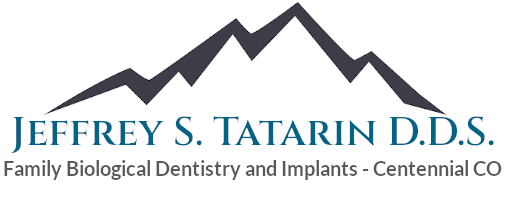If you avoid visits to the dentist because of anxiety, discomfort at long appointments, lack of time for multiple procedures, or because you don’t respond well to numbing or you gag easily, sedation dentistry may be the answer for you. Sedation is used to provide a relaxing and anxiety-free experience when receiving dental treatment. It would enable you to receive needed dental care while avoiding the common apprehension known as dental phobia. About 30% of the population avoids the dentist due to this anxiety. This all-too-common dental phobia prevents people from receiving necessary routine dental care, potentially compromising the health and function of their mouth and smile.
What is Dental Sedation?
Sedation is a process used to establish a relaxed, easy and calm state through the use of sedative drugs. Sedative drugs (tranquillizers, depressants, anti-anxiety medications, nitrous oxide, etc.) can be administered in a variety of ways. Traditionally, intravenous (IV) sedation and nitrous oxide (laughing gas) were predominantly used to sedate a dental patient. Today, sedation dentistry has evolved to be even more conducive to a relaxing experience. Patients have alternatives to the traditional modalities of inhalation (nitrous oxide) and IVs, such as those offering a “no needle” (no injection) approach that many people find more appealing. This “no needle” method is called oral conscious sedation.
What Are the Types of Sedation Dentistry?
The Benefits of Sedation Dentistry
One of the major benefits of dental sedation is that you often feel like your dental visit lasts only a few minutes, when in fact it might have taken hours to perform. If you’re reluctant to change the appearance of your smile because you’re afraid or anxious about undergoing long dental procedures, sedation dentistry can be a benefit because it will provide a comfortable atmosphere during the treatment process.
Also, because sedation addresses the fears that may keep you from going to the dentist on a regular basis, you would be more likely to receive recommended routine care. As a result, you would be less likely to neglect your oral health or allow oral health problems to build to the point when drastic dental treatment becomes necessary. Let us know if you think you would benefit from sedation dentistry.


